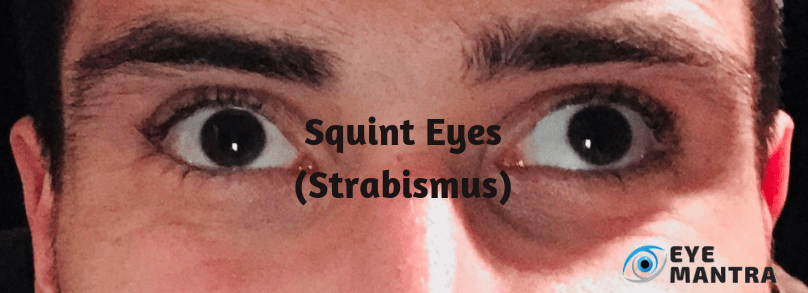
Contents
Eye muscle surgery is a course of action undertaken to tackle a muscle imbalance in the eyes. The muscle imbalance causes certain eye problems such as Squint Eyes, or eyes that cross inward or outward. This condition is also known as Strabismus. People facing strabismus have eyes that don’t focus on the same object at the same point of time properly. In other words, the eyes look in different directions. Strabismus must be treated as soon as possible so that one can avoid lifelong vision problems. In fact, vision loss could become a permanent ailment if not treated promptly.
The surgery results in the realignment of the anatomy of the eyes so that both focus in the same direction. This procedure is most often useful to treat children with strabismus. However, it may also be done to help adults with eye muscle problems.
Some people with strabismus are treated successfully by following Convergence Exercises or by wearing specialized eyeglasses. Eye muscle surgery is a solution for the people for whom Squint Treatment with nonsurgical means doesn’t work.
Eye Muscle Surgery
Eye muscle surgery is required to treat two of the most common eye problems—Strabismus, and/or Nystagmus.
Eye muscle surgery is performed to correct eyes that are not aligned properly. The eyes may be crossed or tend to wander away. The type and amount of surgery done will depend on the problem. It will be checked at the clinic.
Eye muscle repair surgery is usually done based on outpatient procedures, which means you can go home the same day. Your eyes will probably still feel scratchy and painful for a few days after the surgery. And it is extremely important to avoid touching or rubbing your eyes. Keeping the eyes free of dirt, dust, and other irritants is crucial to prevent infection. Your Eye Doctor in Delhi may prescribe some Eye antibiotics or Eye Drops or ointments as a precautionary measure.
You will be asked to meet with your Ophthalmologist about 1-2 weeks after the surgery. By this time, you should be feeling more comfortable, and the eyes should look normal.
In some cases, follow-up treatment may still be required for advanced vision problems, as strabismus if left untreated can lead to impaired vision in some people. Even though the eye muscles get corrected surgically, vision loss may remain.
Furthermore, you will still need to continue wearing eyeglasses, and contacts for other vision problems, such as nearsightedness – myopia, farsightedness, or Astigmatism.
Patients who have poor vision as a result of strabismus may need to continue wearing an eye patch following the surgery. How long it will need to be worn depends on the severity of the condition. Eye patches are used when a cross-eye condition occurs because of a weak eye. Wearing a patch over the strong eye, even after surgery, helps stimulate the weaker eye. The patch may also help those areas of the brain develop more fully, that manages vision. A child may need to wear an eye patch for at least 2-hours per day to strengthen a weak eye.
All surgeries carry risks. There is no way to avoid having complications ever. Eye Muscle surgery is no different in this regard. As a complication occurs, it is important to first identify it and then manage accordingly to get the best possible outcome.
Excessive bleeding and infection are possible risks attached to any type of surgery. The risk of heavy bleeding would be reduced by following the doctor’s instructions regarding blood-thinning medications before the procedure. Keeping the area surrounding your incisions dry, and clean will also help prevent an infection occurrence after surgery.
In very rare cases, eye surgery could cause double vision and eye damage.
The following symptoms are the causes for concern:
If the patient has any of these symptoms, you should call the surgeon’s office immediately. If the patient has any special needs or health issues you feel the doctor should know about, please call the doctor before the surgery. It is important to notify us in advance about any special needs the patient might have.
Call +91-9711115191 now and book an appointment.
Or mail at eyemantra1@gmail.com.
Our other services include Retina Surgery, Specs Removal, Cataract Surgery, and much more.
Related Articles:
Night blindness: Causes, Symptoms, Diagnosis & Treatment